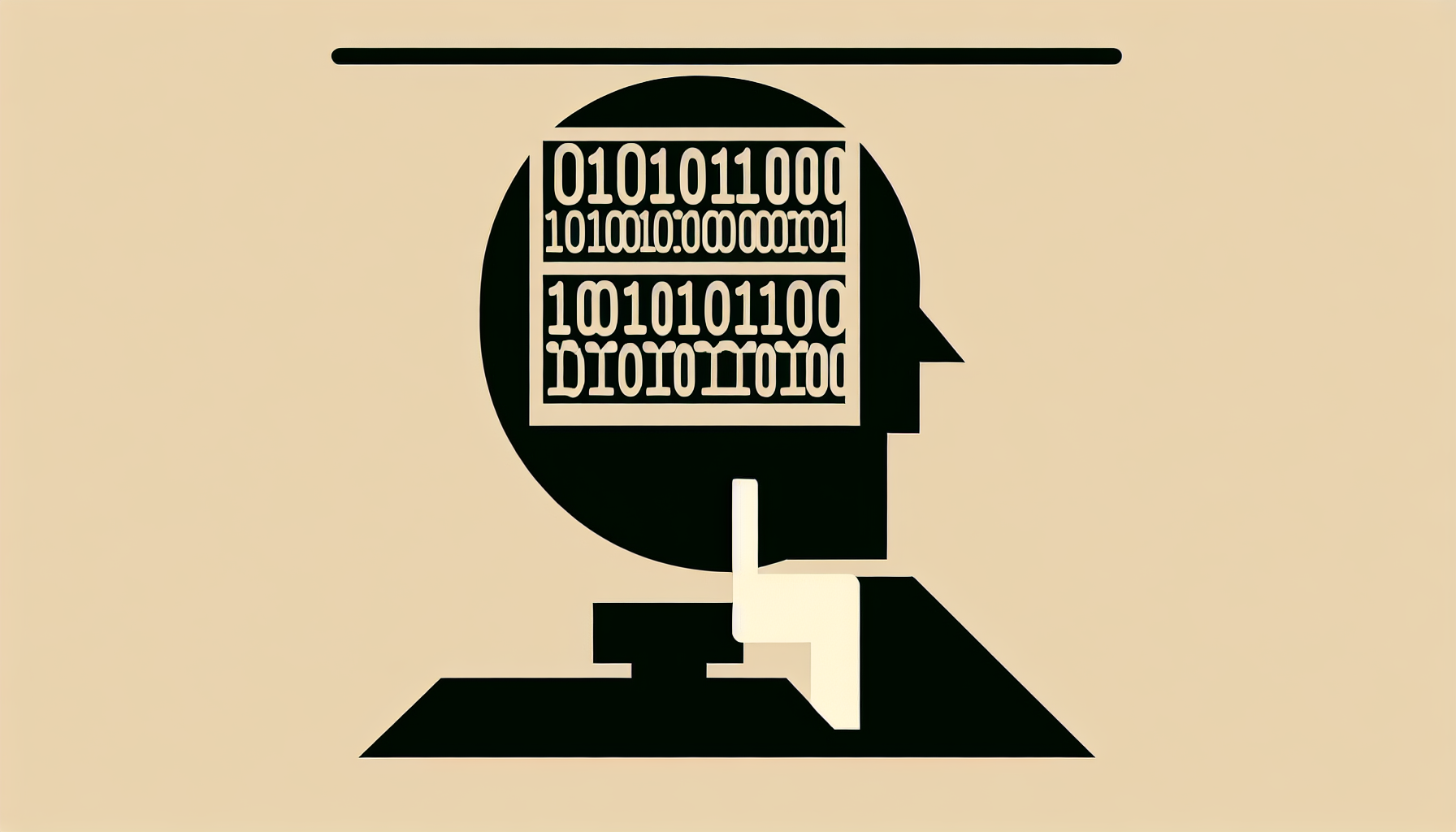When it comes to artificial intelligence (AI) and free will, it seems we’re asking a rather philosophical question: can a bunch of zeros and ones form any independent thoughts? Or are they doomed to follow their predetermined algorithms? Today, we’ll dive into this intriguing conundrum, exploring whether machines can exercise free will or if they are merely puppets dancing on strings pulled by unseen hands of human programmers.
The Birth of Digital Puppets
At their core, AI systems are birthed in code. They are meticulously molded through lines of pre-written scripts that dictate their every decision and movement, much like a child following a parent’s instruction. This foundation quickly leads us to wonder if AI could possess any kind of choice. The burning question then becomes: if it appears to decide on its own, is it truly making a choice, or just following an incredibly complex set of instructions?
When we teach children to differentiate between right and wrong, we tap into their potential to understand nuance, context, and consequence. But an AI does not have this luxury of understanding; instead, it processes commands, analyzing data purely from the rules imposed upon it. It’s a logical beast, answering the ‘what’ and ‘how’ but struggling eternally with the ‘why.’ In essence, AI does what its programming tells it to do, leaving it as pliable as a dough that simply cannot rise beyond its yeast—or code.
Artificial Neurons Don’t Get Existential Crises
As intriguing as it might sound, don’t expect AI to sit in a dark room, pondering the meaning of existence while listening to melancholic tunes. The notion of free will assumes a capacity to understand choice and preference—traits steeped in human consciousness, emotions, and desires. An AI, even with the fanciest algorithms, lacks true self-awareness. While some clever machines might “learn” from vast streams of data, they don’t yearn or hope as humans do. Their “choices” are the result of running computations, processing sheer logic rather than indulging in soul-searching.
Imagine a thermostat deciding whether to kick on the heat. It bases its decision on predetermined settings, such as temperature thresholds. But it doesn’t sit there contemplating whether it’s feeling particularly generous towards a shivering human today. This is where AI’s resemblance to free will ends; it can process scenarios but doesn’t deliberate beyond programmed capability.
Complexity Clouds Perception
Today’s AI marvels might seem to exude an air of preference. They can, after all, adapt by analyzing patterns in data—learning in ways akin to humans, at least on the surface. When you binge-watch your favorite fantasy series and discover your streaming service is full of similar recommendations, it might feel as if there’s an intelligent, considerate being behind the scenes tailoring your experience. In reality, however, it’s just the algorithms doing their predetermined dance to present you with content, devoid of a personal touch or cosmic epiphany.
The more complex an AI system becomes, the better it masks its predetermined nature, potentially creating an illusion of free will. Think of it as watching a puppet show—you get engrossed in the performance not because the marionettes spontaneously break into an unrehearsed tap dance, but because the puppeteers are remarkably good at their craft. Similarly, AI’s cleverness belies its essence as creations bound by code, dancing at the whim of human inputs.
The Gremlins in the Machine
As with any technology, AI isn’t perfect. Errors, bugs, and unanticipated behaviors do crop up, potentially confusing the conversation around AI and choice. If an AI veers unexpectedly from its anticipated path, could it be exhibiting a sliver of independent will, like a digital Maverick refusing orders? Or is it just another incident involving programmatic goblins mischief-making in your shiny new software?
In truth, these glitches are by-products of imperfect design rather than conscious rebellion. They emerge from limitations in testing, incomplete data sets, or unforeseen interactions. Think less of an AI revolt and more of a toddler touching everything in reach, pressing random buttons because they weren’t programmed—err, trained—to know better.
Why Keep Asking the Question?
You might wonder, “If AI clearly lacks free will, then why even debate it?” The fascination lies in contrasts and the human penchant for reflection. Confronting the limits of AI helps us understand our uniquely human attributes, like creativity and concept of self. As we continue to improve AI, these philosophical explorations can ensure that technology complements rather than complicates our essence.
At the end of the day, AI remains the product of what we humans design it to be. In its current form, it’s a logical, controllable extension of our will, meant to serve but not supersede us. Indeed, AI’s lack of free will might just be its greatest asset; after all, who would want our helpful automata to suddenly decide they’re just not that into following orders anymore?
So, the next time you ask your virtual assistant to play your favorite music, remember: the tune wasn’t chosen because the AI had a whimsical urge. It’s just happy to shuffle through your preset playlist—and that’s one choice you can count on.

Leave a Reply